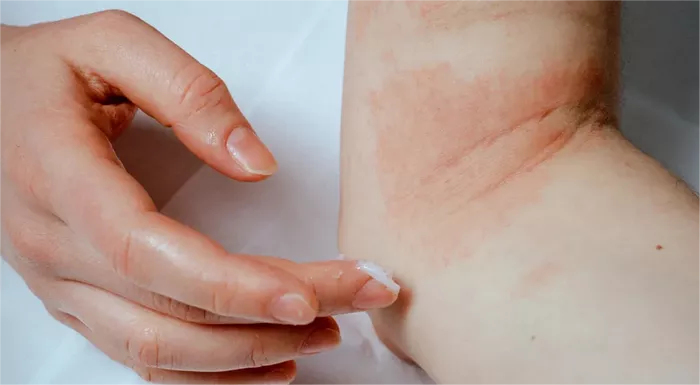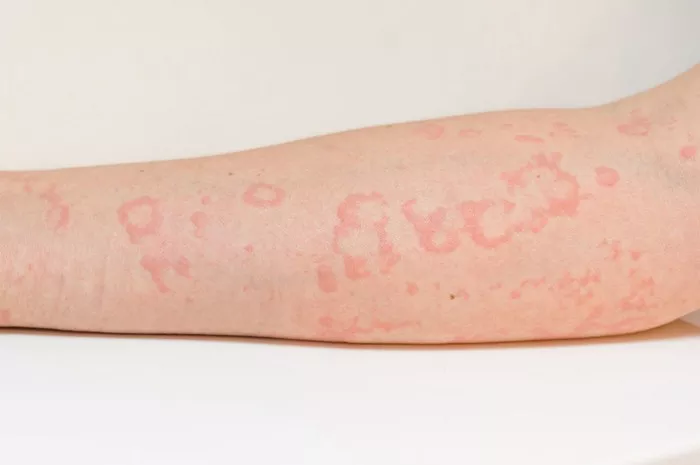Eczema, also known as atopic dermatitis, is a chronic skin condition characterized by red, itchy, and inflamed patches of skin. Its exact cause is still not fully understood, but a combination of genetic and environmental factors is believed to play a role. While there is no cure for eczema, various treatments and strategies can help manage symptoms and improve quality of life for those affected. Among the many factors that can influence eczema flare-ups, the temperature of water used during showers is often debated. This article aims to explore the relationship between hot showers and eczema, examining the evidence and offering practical advice for individuals seeking relief from this troublesome condition.
Understanding Eczema: A Complex Interplay
Before delving into the effects of hot showers on eczema, it’s essential to grasp the underlying mechanisms of this condition. Eczema is commonly associated with a compromised skin barrier, which allows irritants and allergens to penetrate the skin more easily, triggering inflammation and itching. Factors such as genetics, immune dysfunction, environmental triggers, and microbial colonization can all contribute to the development and exacerbation of eczema symptoms.
The Appeal of Hot Showers: Comfort vs. Consequences
For many individuals, a hot shower is not just a routine hygiene practice but also a source of relaxation and comfort. The sensation of hot water cascading over the body can provide temporary relief from stress and muscle tension. However, when it comes to eczema management, the allure of hot showers may come with unintended consequences.
The Potential Dangers of Hot Water on Eczema-Prone Skin
Hot water can strip the skin of its natural oils, leading to dryness and further compromising the already fragile skin barrier in individuals with eczema. Prolonged exposure to hot water can exacerbate itching and inflammation, triggering or worsening eczema flare-ups. Additionally, hot showers may increase blood flow to the skin, potentially intensifying itchiness and irritation.
Evidence-Based Insights: What Research Reveals
While anecdotal reports abound regarding the negative effects of hot showers on eczema, scientific evidence on this topic is somewhat limited. However, several studies have shed light on the potential impact of water temperature on eczema symptoms.
A study published in the Journal of Allergy and Clinical Immunology investigated the effects of water temperature on skin barrier function in individuals with atopic dermatitis. The researchers found that exposure to hot water significantly impaired skin barrier function, leading to increased water loss and decreased hydration levels in the skin. These findings suggest that hot water may indeed exacerbate eczema symptoms by compromising the skin barrier.
Another study published in the British Journal of Dermatology explored the effects of water temperature and bathing practices on eczema severity in children. The researchers found that frequent exposure to hot water during bathing was associated with increased eczema severity and decreased quality of life in pediatric patients with atopic dermatitis. These findings highlight the importance of mindful bathing practices in managing eczema symptoms.
Practical Recommendations: Finding Balance and Relief
Based on the available evidence and clinical experience, several practical recommendations can help individuals with eczema navigate their bathing routines more effectively:
1. Opt for Lukewarm Water:
Instead of hot showers, use lukewarm water to cleanse the skin. Lukewarm water helps to remove dirt and impurities without stripping the skin of its natural oils or exacerbating inflammation.
2. Limit Shower Duration:
Keep shower sessions short, ideally lasting no more than 10-15 minutes. Prolonged exposure to water, regardless of temperature, can deplete the skin’s moisture and worsen eczema symptoms.
3. Use Gentle Cleansers:
Choose mild, fragrance-free cleansers specifically formulated for sensitive skin. Avoid harsh soaps or body washes that can further irritate eczema-prone skin.
4. Pat Dry, Don’t Rub:
After showering, gently pat the skin dry with a soft towel instead of vigorously rubbing it. Rubbing the skin can exacerbate irritation and inflammation, particularly in areas affected by eczema.
5. Moisturize Immediately:
Apply a rich, emollient moisturizer to damp skin immediately after showering to lock in moisture and prevent dryness. Look for moisturizers containing ingredients like ceramides, glycerin, or hyaluronic acid to help repair the skin barrier.
6. Consider Shower Filters:
Install a shower filter to remove chlorine and other potential irritants from the water. Chlorine can be particularly harsh on eczema-prone skin, exacerbating symptoms and triggering flare-ups.
Conclusion
In conclusion, while hot showers may offer temporary comfort, they can potentially worsen eczema symptoms by compromising the skin barrier and increasing inflammation. By opting for lukewarm water, limiting shower duration, using gentle cleansers, and moisturizing regularly, individuals with eczema can effectively manage their symptoms and promote skin health. It’s essential to strike a balance between hygiene and skin care, taking proactive steps to protect and nourish the skin while minimizing triggers that can exacerbate eczema. By incorporating these evidence-based recommendations into their daily routine, individuals with eczema can enjoy healthier, more resilient skin and improved quality of life.

























